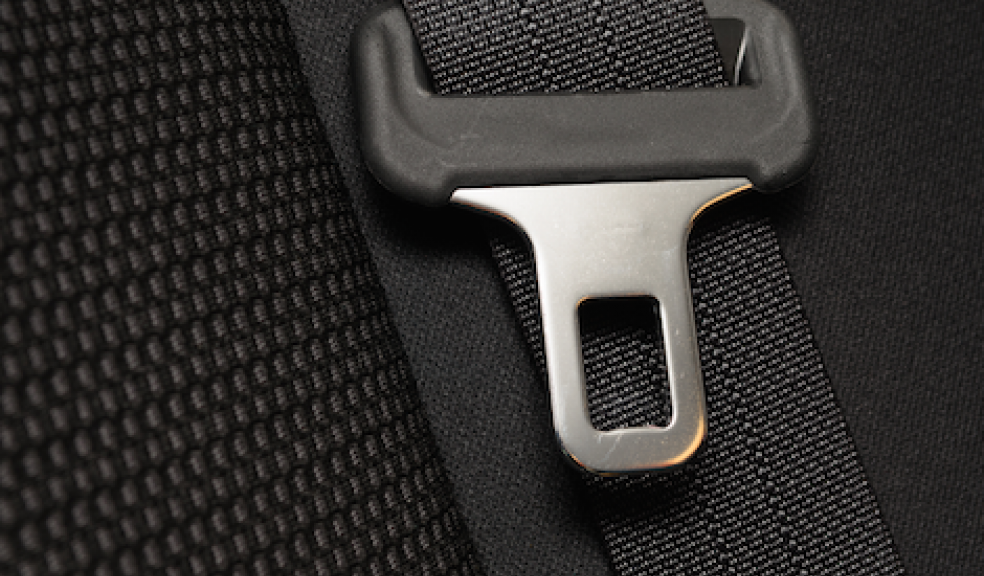
Seatbelt ignorance causing injuries
Despite the fact that it is now over 30 years since wearing seatbelts in the front seats of vehicles was made compulsory (1983), and 23 years since it became law for rear seat passengers to belt up, failing to wear a seatbelt is still one of the primary contributors to sustaining injury in a collision.
Of the “Fatal Four” main causes of serious injuries and deaths on the region’s roads, failure to wear a seatbelt is the third most significant. The others are excessive or inappropriate speed, driving under the influence of alcohol or drugs and driver distraction.
From 8-14 September the EU-wide road policing network (TISPOL) will be conducting a coordinated seatbelt enforcement initiative, in which Devon and Cornwall Police will be taking part.
Devon and Cornwall Police will be gathering data and information which will be shared with TISPOL member police forces with the aim of improving road safety across the continent.
Officers will also be carrying out local checks and other initiatives across the region throughout September.
Richard Pryce, Roads Policing Unit Inspector, said: “Seatbelts save lives. There is no excuse for not wearing one. Research has demonstrated the unquestioned benefits of wearing a seatbelt if you are involved in a collision.
“It is important that not only the driver but every passenger in a vehicle uses a seat belt when and where required.”
When you are caught driving or as a passenger without a seatbelt on, you can receive a fixed fine of £100 or possibly be referred to an educative course. If prosecuted in Court, the maximum fine is £5,000.
Inspector Pryce continued: “Research shows higher levels of offending amongst young adults who travel as passengers in cars and fail to wear seat belts. Over recent years many peoples’ lives across the region may have been saved or serious injuries prevented if they had been correctly restrained in a vehicle when it was involved in a road traffic collision.”
Inspector Pryce’s comments are echoed by TISPOL President Koen Ricour who said: “Using a seatbelt is a quick and simple task; it’s also a highly effective way of reducing the consequences of a collision. That’s why wearing a seatbelt is not a matter of personal choice, but is compulsory for drivers and passengers in every European country. Yet there are still drivers and passengers who for whatever reason do not use a seatbelt.
“We urge drivers to take responsibility for their own safety and for the safety of their passengers, by ensuring everyone wears a seatbelt on every road journey.”
You will find more information about seatbelts, including government legislation and guidelines, on the Devon and Cornwall Police website at www.devon-cornwall.police.uk/Traffic/RoadSafetyAdvice











